Is My Rabbit Is Sick?: 10 Tell Tale Signs And Quick Solutions
When it comes to Bunnies, it is often a little harder to tell exactly what is going on in their minds, and while they might not express themselves through facial movements as much as Dogs or Cats, behavioural patterns and sounds have enabled Veterinarians and Behaviourists to better understand these fragile and intriguing creatures. Are there ways you can tell if your Rabbit is ill?
 |
| Source |
10 Signs Your Rabbit Might Be Sick
Of course there is,
and this article is a compilation of research on tell-tale signs that may
indicate your Bunny is unwell. Monitoring their usual behaviour is the first
step to actually catching anything amiss when it happens. However it is
important not to jump to conclusions too quickly, if you notice more than one
sign, then it should warrant a visit to the Vet.
1. Loss Of Appetite — This point applies to
every living creature, we need food to survive and for energy, but when we are
depressed or sad, most of us shun away from food, and for Rabbits, water is
also part of that equation. Loss of appetite is a huge indicator that your
Rabbit may be ill, so keep a close watch on their daily intakes. A sudden
increase in water and food intake also indicates an underlying problem.
2. In-activeness And Lethargy — Bunnies are naturally
inquisitive about their surroundings, and most of them take interest in fresh
hay, exploring, and treats! So if you notice your Bun losing interest in almost
everything he/she once enjoyed so much, and just refusing to get up, it could
be an indication that he/she is feeling unwell or in pain.
3. Teeth Grinding — This is not to be
mistaken with “purring” when you cuddle your Bun, this form of teeth grinding
is much louder, with grunts and snorts. Something is making your Rabbit uncomfortable
and cranky.
4. Body Temperature — A proper way to
measure your Rabbit’s temperature is by using a rectal thermometer, of course
it may not be very comfortable and not everyone is familiar with administering
it the right way. However, a Rabbit’s temperature can also be regulated through
their Ears, if they seem too warm, they could be having a fever. Too cold is
not good either.
5. Wet Chin & Drool — Drooling and being
wet are two things that do not strike as normal for our Bun pals. Experts have
advised that this could highly be related to teeth problems, which also leads
to poor appetite and losing the ability to chew and munch on hard foods.
6. Loud Breathing — Bunnies should only
breathe through their noses, so if you notice your Bun breathing loudly through their mouths, it is
not normal. Keep an eye out for watery eyes, nose, and chronic sneezing. It
could be due to allergies or even respiratory infection.
7. Droppings — Rabbits should have
urine that has no traces of blood, and regular rounded, pellet-like looking
stool. Irregularities would include, diarrhoea, out of shape, excessive fur or
hair stuck to it. The output in the litter-tray says a lot about your Bun’s
health, so keep a close eye on it.
8. Severe Weight Loss And Bloat — Keep track of your
Rabbit’s weight whenever you can, because a sudden loss of weight or in very
severe cases of Gastrointestinal Stasis, can also cause a Rabbit’s tummy to
bloat.
9. Coat Health — A healthy coat of fur
and hair should not have patches missing nor reddish skin underneath. This
could be due to bad loo habits, in which you should practice cleaning their
hindquarters and genital areas often and avoid urine burns and infection. There should not be any lumps in their bodies too, you should visit a Vet for medical
help immediately.
10. Imbalanced Movement — This is usually
referred to wry neck, usually cause by an ear infection. If you notice them
leaning on one side more than the other while moving about, they could be
suffering from sore hocks.
What To Do If Your Rabbit Is Sick
Monitoring your Pets
behaviour from day to day is extremely important, as we’ve mentioned, this
allows you to pick out any unusual behaviour immediately. Here are a few things
you can absolutely do:
1. Visit The Veterinarian —To determine the
issue with your Bun, you should always make a trip to your trusted Veterinarian
that is specialised with Rabbits and small animals. From there, you can begin
proper treatment at an early stage for your Bun.
2. Diet Plan — Ensure your Pets have a daily diet of 80% Fresh Hay, 5% of Pellets and 10% Fresh Green leafy vegetables, and 5% or less occasional treat of fresh fruits. For a simple guideline of Rabbit safe foods, view here.
3. Time & Attention — Pay more attention to
them for bonding and developing trust, and also ensure their space and
surroundings are always clean. If you Bun needs medication, be sure to keep up
with a schedule of routine cleaning of wounds and applying medication.
Notes
Our Bunny pals
deserve as much love and care from their owners. Lots of owners have bonded
with their Buns in much more ways than one, and studies have also shown how rewarding
having a close relationship with your Rabbit could be. So don’t take their
silence for granted, spend more time to study and understand their daily
behaviour with lots of love and patience, and keep them healthy and safe!
Your Stories Can Be Heard Too
Got a tip to share? We’d love to share them with the world! Your voices are important to us and the Pets community! Our readers are encouraged to share their Pet-related reviews of a place and its services, experiences, even lifestyle tips and tricks to better our Pets lives, on our platform, one paw at a time. Be a part of an educational and informative Pets community because at ThePetsDialogue, your voices could make a huge difference on a global scale.
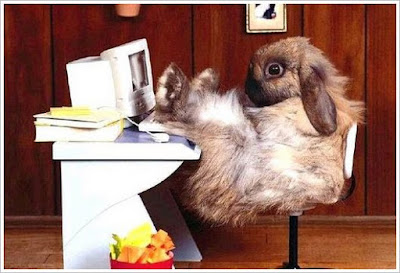 |
| Source |
Write to us at [email protected] today!
Our website is a work in progress, however, if you did find our articles interesting please do feel free to share! For more Pet care tips and other Pet-related articles, head to www.thepetsdialogue.com ☺
Disclaimer
This article was written with informational purposes, as you know, we’d love to share our collective research and experiences as fellow Pet owners and lovers. It is not meant to alternate in any way as advice or diagnosis of Professionals.
ThePetsDialogue claims no credit for images posted on this article unless otherwise displayed/stated. All rights go to respective owners as mentioned. If you do not wish for your image(s) to appear here do drop us an e-mail and it will be removed promptly. If you do wish to use any of our original published information, you are welcome to contact us!
ThePetsDialogue claims no credit for images posted on this article unless otherwise displayed/stated. All rights go to respective owners as mentioned. If you do not wish for your image(s) to appear here do drop us an e-mail and it will be removed promptly. If you do wish to use any of our original published information, you are welcome to contact us!








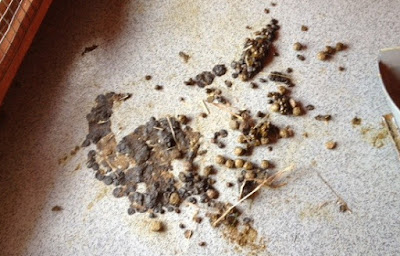

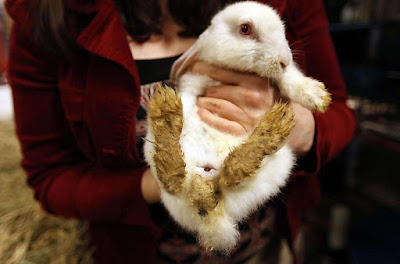
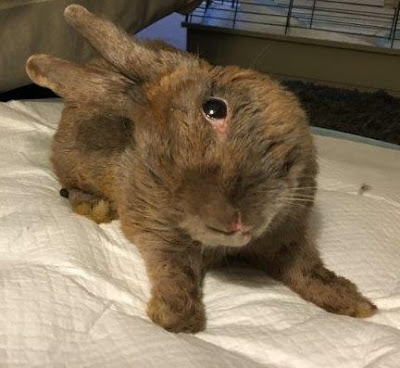
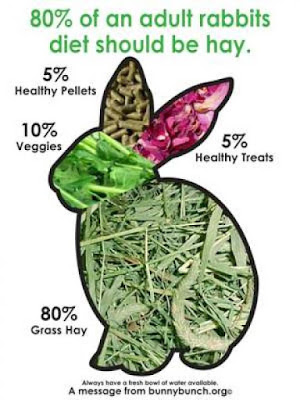
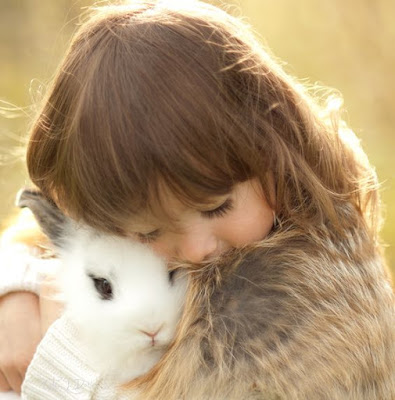
No comments:
Post a Comment